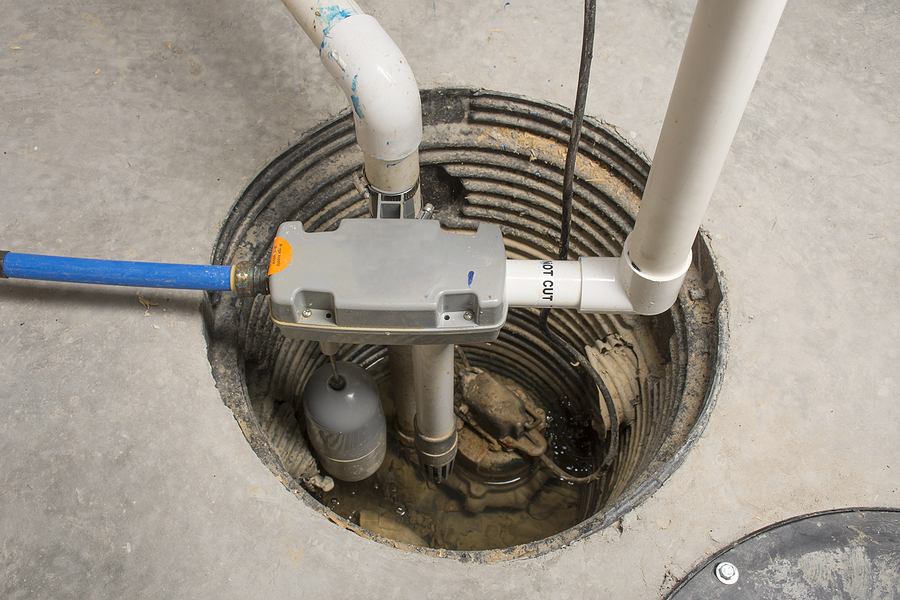Call This Wednesday to Get $50 OFF
Call us today
214-943-2424

A sump pump is an essential component in many homes, particularly in areas prone to flooding or with high water tables. It helps keep basements dry by pumping out water that accumulates in a sump basin. However, like any mechanical device, sump pumps can wear out over time. Recognizing the signs that your sump pump is going bad can save you from costly water damage and the need for extensive plumbing repairs. Here are the key indicators that you may need to call a professional service for sump pump repair or replacement.
One of the first signs that your sump pump is failing is unusual noises. If your sump pump is making loud, strange, or irregular sounds, it could indicate that parts are wearing out. Grinding, rattling, or gurgling noises often point to issues such as motor problems, impeller damage, or clogged debris. It's essential to have a dependable plumber inspect and diagnose the problem to prevent further damage.
A sump pump that turns on and off frequently, known as short cycling, is another sign of trouble. This could be due to a variety of issues, including a faulty float switch, incorrect pump size, or improper installation. Frequent cycling can lead to premature wear and tear on the pump. A plumbing repair service can determine the root cause and recommend a solution, whether it’s a minor adjustment or a sump pump replacement.
If your sump pump runs continuously without shutting off, it could be due to several reasons such as a stuck float switch, a pump that's too small for the job, or excessive groundwater. Continuous operation can lead to overheating and burnout. Consulting with a plumbing service like Texas Rooter to address this issue is advised.
Sump pumps that vibrate excessively or shake when operating can be a sign of an imbalanced impeller. The impeller is the component that moves water through the pump. When it’s damaged or bent, it can cause the pump to vibrate and wear out more quickly.
Rust or corrosion on the sump pump can indicate a problem. This is often caused by high iron content in the water. Over time, rust can damage the pump’s structural integrity, leading to leaks and malfunctions. Regular inspections with our plumbing repair services can help catch these issues early.
Sump pumps generally last around 7 to 10 years. If your pump is within this age range or older, it’s a good idea to have it inspected by a licensed plumber at Texas Rooter. Even if it appears to be working fine, parts may be nearing the end of their lifespan, making a sump pump replacement a wise preventative measure.
Regular maintenance and timely repairs are crucial to keeping your sump pump in good working condition. If you notice any of these signs, it's important to contact a reliable plumber from Texas Rooter for an inspection. Ignoring the symptoms of a failing sump pump can lead to severe water damage and costly repairs. Don't wait until it's too late—ensure your sump pump is functioning properly to keep your basement dry and your property safe.
Let’s be honest: your sump pump probably isn’t the first thing on your mind when…
Read MoreWe’ve all heard that soft-but-persistent sound of water trickling in the bathroom long after the…
Read MoreThere’s nothing like a blast of cold water to jolt you awake - and not…
Read MoreYou turn on the faucet and clean water comes out; you flush the toilet and…
Read MoreThe average individual doesn't think twice about the toilet, let alone the parts within in…
Read More